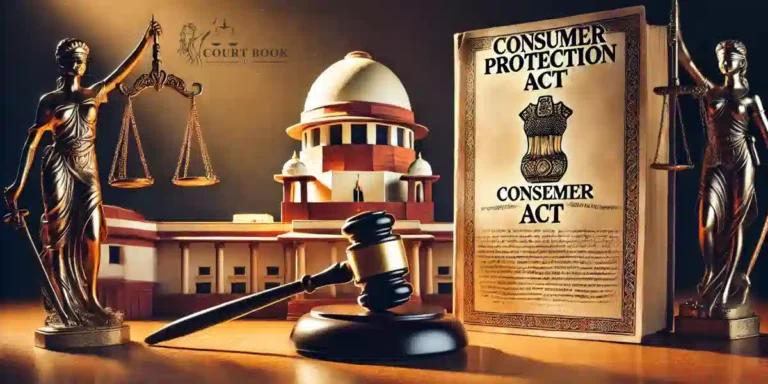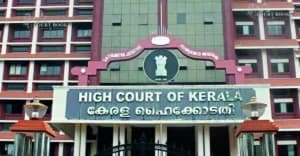The Supreme Court has recently reaffirmed that if a machine is bought for use in an established business by employees rather than the buyer himself, the purchaser does not qualify as a 'consumer' under the Consumer Protection Act, 1986.
The decision came while hearing an appeal against the National Consumer Disputes Redressal Commission (NCDRC), which upheld the State Consumer Disputes Redressal Commission’s decision, dismissing a complaint on non-maintainability grounds.
Case Background
The petitioner, Virender Singh, had purchased a Model MPS GD 1212-300W HSLC Series Laser Cutting Machine and Bending Machine to enhance manufacturing efficiency. However, due to defects and operational challenges, he filed a complaint before the State Consumer Disputes Redressal Commission, Uttar Pradesh.
Read Also:- Supreme Court Explores Extending Tribunal Members' Tenure Amid Delayed Appointments
The State Commission dismissed the complaint, ruling that since the machine was used in a commercial setting, the petitioner did not qualify as a 'consumer' under Section 2(1)(d) of the Consumer Protection Act, 1986.
This ruling was later upheld by the National Commission. The petitioner then approached the Supreme Court, arguing that although the machine was used for commercial purposes, it was primarily intended for self-employment.
The petitioner relied on the Supreme Court’s precedent in Paramount Digital Colour Lab & Ors. vs. Agfa India Private Limited & Ors., where it was established that to determine if a product was bought for self-employment rather than commercial purposes, the specific facts of each case must be considered.
However, distinguishing the current case from the Paramount Digital judgment, the bench, comprising Justice AS Oka and Justice Ujjal Bhuyan, observed:
"In the case cited above, the buyers were unemployed graduates who purchased the machine for self-employment. However, in the present case, the petitioner was already operating a business. The machine was not self-operated but used by hired employees. Therefore, no matter how small the venture, it does not qualify as self-employment under the Act."
Read Also:- High Court Appointments Since 2018: 77% Judges Belong to Upper Caste, Reveals Law Ministry
The Court further ruled:
"We find no scope to take a different view than that taken by the State Commission and the National Commission. The Special Leave Petition is, accordingly, dismissed."
This ruling clarifies that any purchase meant for business expansion, even in a small-scale venture, does not fall under self-employment. The Court emphasized that:
- Consumer definition under the Act excludes purchases made for commercial activities.
- The self-employment clause applies only if the buyer personally operates the product.
- Each case must be assessed individually to determine commercial vs. self-employment use.
Read Also:- Supreme Court to Decide on Reconsideration of Death Penalty Through Writ Petition Under Article 32
The Supreme Court, however, granted the petitioner the liberty to file a civil suit within four weeks, stating:
"If the petitioner moves a Civil Suit within four weeks, they may rely on Section 14 of the Limitation Act, 1963, and it shall be dealt with as per the law."
Case Details: VIRENDER SINGH v. M/S. DARSHANA TRADING CO. THR. ITS PROP. SANJAY SETH (DEAD) & ANR.| Special Leave to Appeal (C) No(s). 5510/2020















